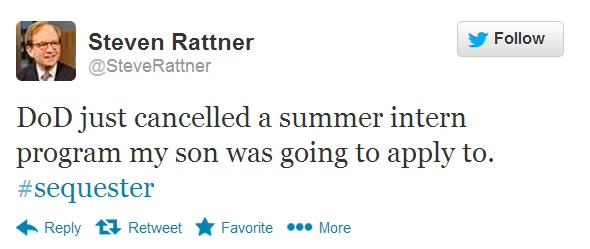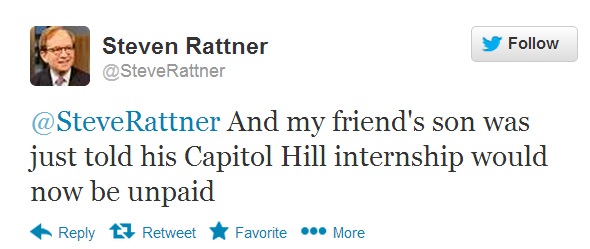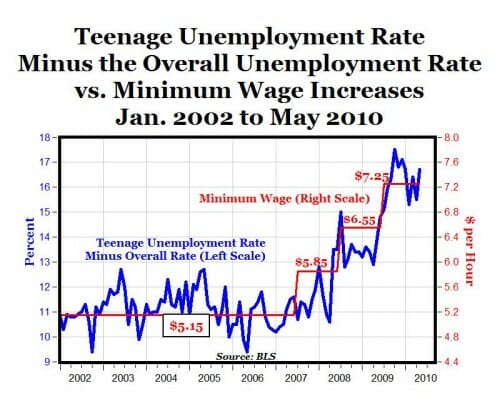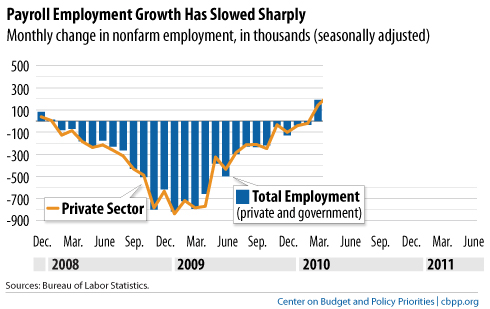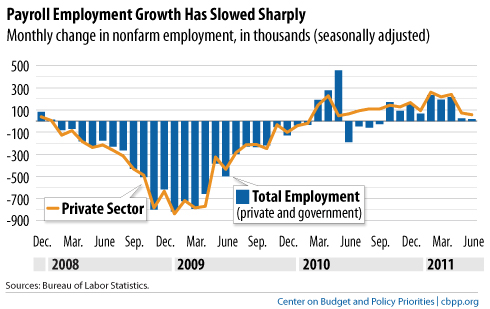Obama, accompanied by the usual chorus on the Left including Kevin Drum, is yet again trumpeting infrastructure spending as a partial economic solution for what ails us, in part based on a McKinsey Global Institute report. Infrastructure is like education (the other half of the Obama "plan") -- it's hard to find anyone against it per se, it is easy to find examples of it failing, and it is really hard to craft programs at the Federal level that really improve anything.
Having been inside the McKinsey sausage factor for five years, I was loath to just accept their conclusion without seeing the data, so I read the section of the report on infrastructure. Having read the report, I still don't see how they got to the under-funding number. Some of the evidence is laughably biased, such as pronouncements from the American Society of Civil Engineers, who clearly would be thrilled with more government infrastructure spending. The rest comes from something called the world economic forum, but I simply don't have the energy right now to follow the pea any further.
I had two reactions to this plan:
- Presumably what infrastructure projects we choose matters, so how can we have any confidence (given things like our green energy investment program) that these investments will be chosen wisely and not based on political expediency?
- From my experience, and also from the McKinsey numbers, most of the infrastructure needs are refurbishment and replacement of existing infrastructure, rather than new infrastructure. But politicians are typically loath to make these kind of investments, preferring to offer new toys to voters rather than saying all that money was spent just to keep their existing toys. Just look at the DC metro system, which is still pursuing expensive expansion plans at the same time it refuses to perform capital maintenance and replacement on its current crumbling infrastructure. Or look at Detroit which is falling apart but still wants to spend $400 million on a new hockey rink.
I was pleasantly surprised that McKinsey actually raised both of these issues as critical. To the point about project selection:
To effectively deploy additional investment in infrastructure, the United States will have to improve its performance on project election, timely delivery and execution, and maintenance and renewal. This could raise the overall productivity of US infrastructure by as much as 40 percent and generate more economic impact for every dollar spent. And there is added pressure to raise infrastructure productivity today: as commodity prices rise, input costs are going up as well. In extreme circumstances, this can even lead to spot shortages of asphalt and other critical materials, making productive use of such assets even more important.
One of the most effective ways to make infrastructure investment more productive is to choose the right mix of projects from the outset. Too often, the primary approval criteria for project selection in the United States are political support and visibility rather than comprehensive cost-benefit analysis.129 Even when economic analysis is used, it is not always rigorous, or it may be disregarded in actual decision making. When state and local governments choose sub-optimal projects, the cost of financing rises, so focusing on those projects with the clearest returns is a crucial part of taking a more cost-effective approach for the nation as a whole.
In addition, planners at all levels of US government tend to have a bias toward addressing congestion and bottlenecks by building new capacity. But rather than immediately jumping to build new infrastructure projects to solve problems,
planners and project sponsors might first consider refurbishing existing assets or using technology to get more out of them. (See “Better maintenance, optimization, and demand management can extend the life of existing infrastructure assets” later in this chapter.)
The McKinsey study is not arguing for Keynesian digging holes and filling them in again. They are arguing for infrastructure spending but only if it is better targeted than such programs have been in the past. Anything about this Administration (or any other Administration, really) that gives you confidence this will happen?
In fact, they argue that a large reason for under-developed infrastructure is not the spending level per se but the insanely inefficient way in which government spends the money
Delays and cost overruns are a familiar refrain in infrastructure projects. Boston’s Big Dig, for example, remains the costliest highway project in US history and was plagued by years of delay and shoddy construction. Originally estimated at $2.6 billion, it now has a final price tag estimated by the Massachusetts Department of Transportation at $24.3 billion, including interest on borrowing. More recently, the San Francisco–Oakland Bay Bridge is being completed almost a decade late, and its original budget of $1.3 billion has grown to more than $6 billion.
Finally, their recommendation focuses more on maintenance and the prosaic, rather than expensive sexy headline grabbing investments (cough California high speed rail cough) that politicians prefer
Another major strategy for increasing infrastructure productivity involves maximizing the life span and capacity of existing assets. In many cases, directing more resources to these areas may be a more cost-effective choice for policy makers than new build-outs.
First, there is a need to focus more attention on maintenance, refurbishment, and renewal. This is an increasingly urgent issue for the nation’s aging water infrastructure, much of which was built in the years immediately after World War II; some of the nation’s oldest pipe systems are now more than a century old. Even more recent water treatment plants will need refurbishment: many built in the
1970s after passage of the Clean Water Act will soon require rehabilitation or replacement. Proactive maintenance to upgrade and extend the life of these aging systems is becoming a more urgent priority.
The study uses a GDP multiplier of 1.77 for infrastructure spending, which explains why their claimed GDP impacts are so high. Using this kind of chicked-in-every-pot high multiplier will of course make infrastructure spending seem like a no-brainer. Of course those of us with more sympathy towards Austrian economics, wherein recessions are caused by misallocations of capital, will worry that this kind of government spending program, shifting private resources to public decision makers to spend, will only double down on the same crap that caused the recession in the first place. I grew up with Japan's MITI being praised as a model by the American Left, watched the lost decades that followed this government-directed investment program, and believe that a similar reckoning is coming in China.
